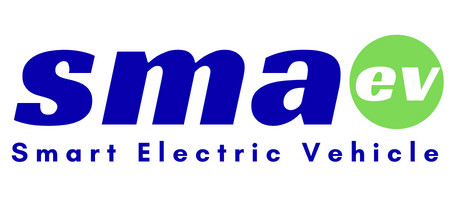Discover Panasonic’s groundbreaking hydrogen fuel cell technology, H2 KIBOU, which is revolutionizing the energy landscape. With a strong commitment to a decarbonized society, H2 KIBOU emits zero CO2 and achieves an impressive electrical efficiency of 56% to lead the charge towards a hydrogen-powered future. By demonstrating the full-scale use of hydrogen in Japan and abroad, Panasonic is playing a vital role in achieving global carbon neutrality.
1. H2 KIBOU promises a hydrogen-powered electrical future

- H2 KIBOU is a cutting-edge pure hydrogen fuel cell generator that targets small-scale commercial facilities and can be scaled up at will by connecting multiple units.
- A resilient power generation solution that can be started up quickly, small hydrogen fuel cell generators make for efficient use of limited space.
- H2 KIBOU can be used for cogeneration, converting heat generated from hydrogen fuel cells for efficient energy use, enabling continuous power generation during power outages.
2. Decentralized power generation system fuels factory with clean electricity

- A modular renewable energy system that combines 570kW of electricity generated by solar panels with 495kW from hydrogen fuel cells and 1.1 MWh of lithium-ion storage batteries to generate and store clean energy.
- Panasonic’s proprietary Energy Management System (EMS) controls the entire process, monitoring the changing demand for power at the plant.
- Commercialization will start with Panasonic factories and eventually be expanded overseas as part of global carbon neutrality efforts.
3. Hydrogen fuel cells ready for market with “RE100 Factory”

- The RE100 Factory solution supplies 100% of the electricity consumed in business activities from renewable sources by using an in-house power generation system combining pure hydrogen fuel cell generators and photovoltaic generators.
- Demonstrates full-scale use of hydrogen, aiming to resolve issues with photovoltaic power generation, such as large installation areas and weather susceptibility, while ensuring efficient and stable electricity supply for business activities.
- Installed at Panasonic’s Kusatsu site in Japan, the RE100 factory uses pure hydrogen fuel cell generators developed based on ENE-FARM technology, capable of scalable power output and flexible installation options.
4. Pure hydrogen fuel cell generator debuts in Australia

- Panasonic and ATCO Australia have installed a 5kW pure hydrogen fuel cell generator in Western Australia, marking the first Australian test demonstration of Panasonic’s hydrogen fuel cells.
- Pure hydrogen from ATCO’s pilot site—the Clean Energy Innovation Hub—pipeline is injected into the Panasonic hydrogen fuel cell, which converts it into electricity.
- An innovative hydrogen initiative, Panasonic hydrogen fuel cell converts hydrogen to electricity efficiently on site to help power the facility.
5. Hydrogen fuel cells set to transform power generation worldwide

- Global interest in hydrogen is growing as a way to bridge the supply gap and promote clean energy transitions in sectors such as transport, buildings and power generation.
- Hydrogen fuel cells are expected to be a stable and versatile green power generation technology to contribute to carbon neutrality through advanced hydrogen fuel cells in buildings and power generation.
- Panasonic’s Wuxi project in China, built on the success of the RE100 factory concept for the full-scale use of hydrogen in Japan, demonstrates the versatility of hydrogen fuel cells for a sustainable future.
Source: Panasonic





